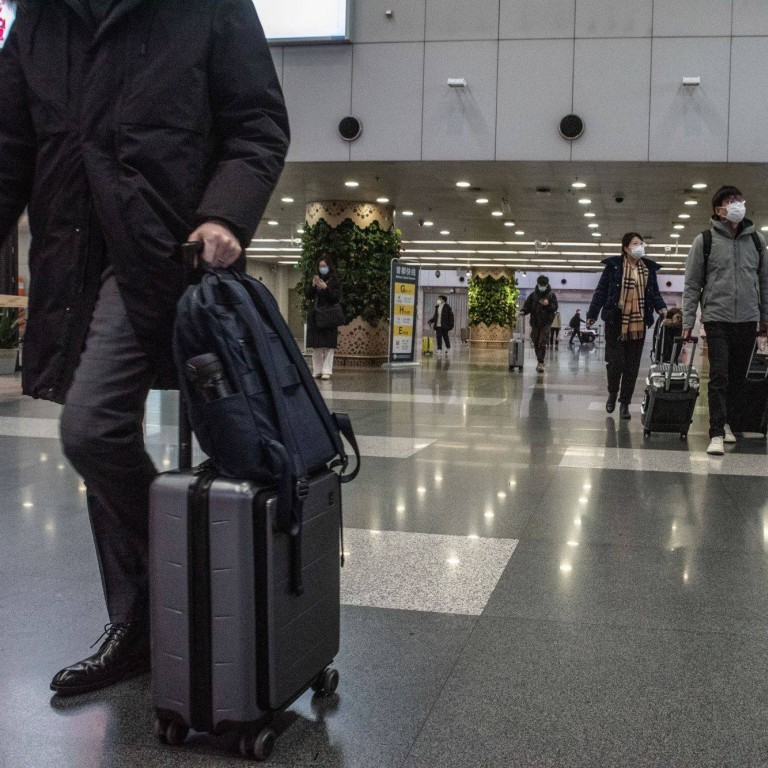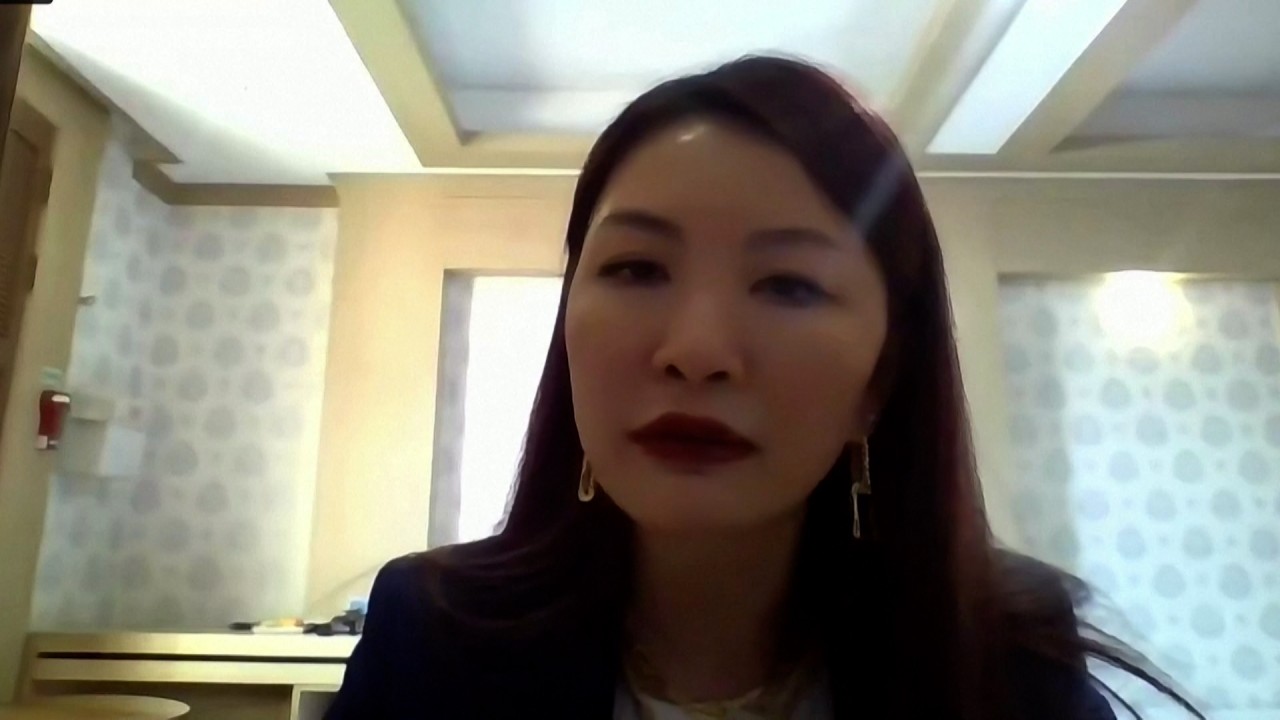
China reminds travellers, airlines about Covid testing rules for arrivals
- Chinese embassies in Washington, Seoul and Tokyo alert passengers about PCR test requirements, saying customs will do spot checks
- While the entry guidelines are not new, the announcement comes as Beijing clashes with the US, Japan and South Korea over curbs on tourists
Those who display Covid-19 symptoms upon arrival must undergo testing by customs, and those who test positive will have to self-quarantine.
WHO chief calls on China to give more details on Covid cases and sequences
China has required travellers to provide health declarations and negative PCR test results since the beginning of the pandemic in 2020.
The Chinese foreign ministry said last week that the Covid-19 test requirement was necessary to avoid cross-border transmission.
“The infectiousness of the Omicron strain is on the rise, especially during long-distance, cross-border travel where passengers spend long periods of time in confined spaces, where the risk of infection is high,” Wu Xi, the ministry’s director general of consular affairs, said on Thursday.
“Therefore, the Ministry of Foreign Affairs requires personnel coming to China to undergo a nucleic acid test 48 hours before boarding the plane to prevent the spread of the virus and ensure the safety of passengers.”
Washington announced that from January 5 it would require travellers from China to test negative for Covid-19 before entering the US. All air passengers departing from mainland China, Hong Kong and Macau must produce a negative result from a test taken no more than two days before departure. The US also warned its citizens to reconsider travel to China.
While Tokyo did not suspend visa issuance to travellers, it requires visitors from China to provide negative Covid-19 test results before boarding flights to Japan. Flights from China may only land at Narita and Haneda airports in Tokyo, Kansai International Airport in Osaka and Chubu airport in Nagoya.
Beijing also stopped issuing visa-free transit and border city visas to South Korean and Japanese citizens on Wednesday.


.jpg?itok=I0Y0WPBH)
